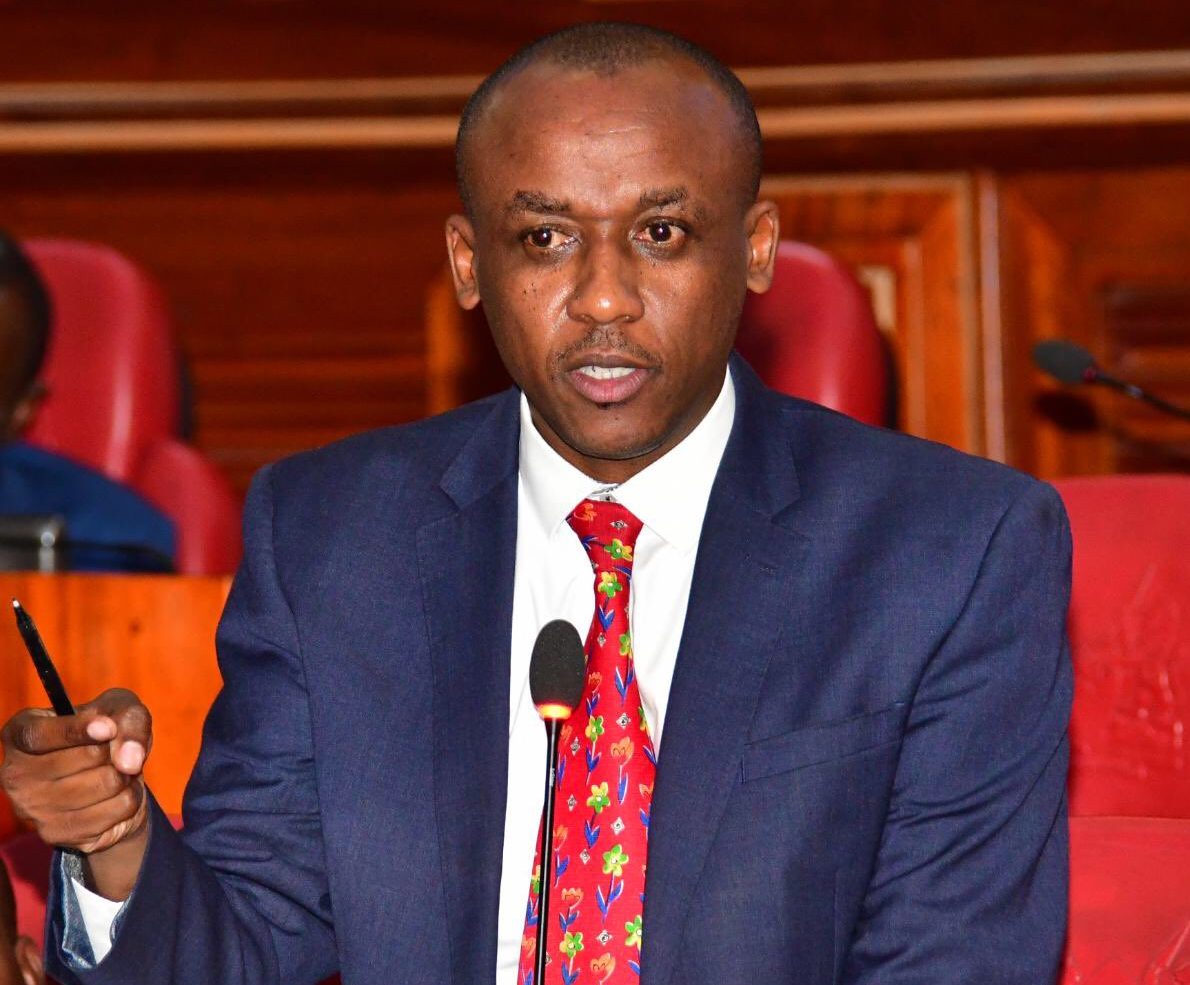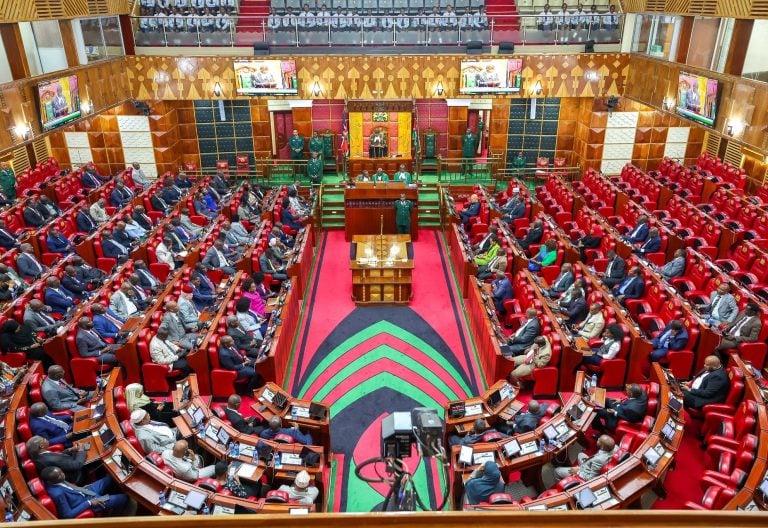Treasury must fund counties promptly

Once again, county governments are finding themselves on the brink of halting their operations due to the National Treasury’s delays in disbursing funds to them on time.
In what seems to have been the government’s seasonal ritual, the Treasury has not released money to the devolved units for the last three months, frustrating their efforts to provide essential services.
Amid threats of strikes by some county employees, particularly those from the health sector, the devolved governments find themselves between a rock and a hard place as they anxiously wait for funds from a government that appears to be cash-strapped while also striving to satisfy an increasingly impatient electorate.
The delays threaten to disrupt crucial operations and delivery of services in counties.
The endemic late cash disbursement has on several occasions triggered wrangles between the national government and county officials, with the latter quite often threatening to shut down services due to delays that affect crucial operations including payment of salaries.
Yet, the law is very clear on the disbursement of funds, requiring the Treasury to disburse funds by the 15th of every month for the following month.
The Treasury has often cited cash-flow challenges caused by underperforming revenues and huge public debt obligations for the delayed releases.
Counties are, however, also to blame as they have been in the spotlight for underperforming on own-source revenues that have triggered their over-reliance on the national cake.
Besides frequent delays in disbursing funds, the national government continues to hold onto key devolved functions and derailing devolution 14 years after its inception. The national government still holds more power, particularly with regard to infrastructure development, sports, agriculture, trade, county transport, health, agriculture and water that should be run by the counties.
The Constitution restructured the governance structure, redesigned how the people relate and established a devolved system. Unfortunately, the national government, while it purports to be fully committed to the implementation, its actions have portrayed it as being bent on sabotaging the system.
One of the objectives of devolution is to promote democracy and accountability by allowing the people to exercise power directly.
It is therefore prudent that the national government uses all means possible to ensure that devolution does not only appear to work but succeeds.















